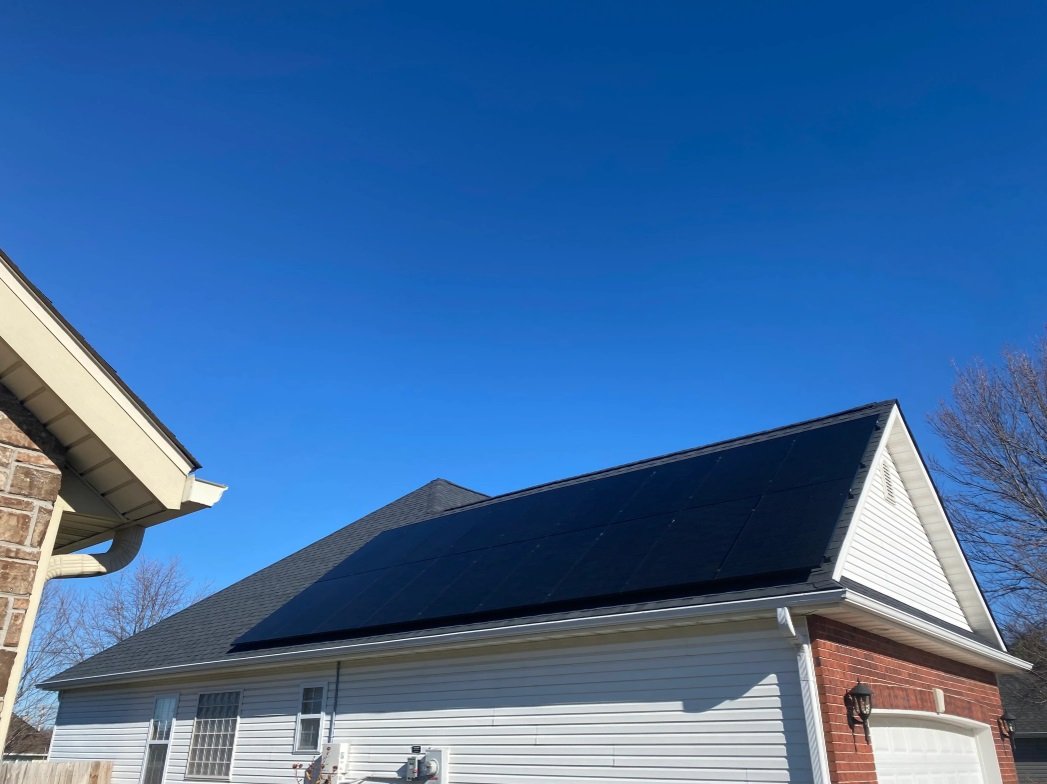Investing in solar panels for your home is a smart move that can lead to substantial energy savings and environmental benefits. However, the upfront costs can be a significant hurdle for many homeowners. Fortunately, there are various financing options available that can make solar energy accessible and affordable. This guide will walk you through the different ways to finance your residential solar panel installation, helping you make an informed decision.
Why Invest in Solar Panels?
Before diving into financing options, let’s briefly discuss why investing in solar panels is a wise choice. Solar energy is a renewable resource that reduces your dependence on fossil fuels, decreases your carbon footprint, and can significantly lower your electricity bills. Additionally, solar panels can increase your property value and provide long-term financial benefits.
Understanding the Cost of Solar Panels
The cost of installing solar panels can vary widely based on factors like system size, panel type, and installation complexity. On average, a residential solar panel system can cost between $15,000 and $25,000 before incentives. This cost includes the panels, inverter, mounting hardware, and installation labor.
Financing Options for Solar Panels
1. Solar Loans
One of the most popular ways to finance a solar panel installation is through a solar loan. Solar loans allow you to borrow money to pay for the system upfront and then repay the loan over time. Here are the key benefits and considerations:
- Low Upfront Costs: Solar loans typically require little to no money down, making it easier to start saving on energy costs immediately.
- Fixed Monthly Payments: Most solar loans come with fixed interest rates, ensuring predictable monthly payments.
- Tax Benefits: Owning your solar system allows you to take advantage of federal tax credits and other incentives.
2. Home Equity Loans and Lines of Credit
Using the equity in your home to finance solar panels is another viable option. Home equity loans and lines of credit (HELOCs) allow you to borrow against the value of your home. Here’s what you need to know:
- Lower Interest Rates: Home equity loans and HELOCs often have lower interest rates compared to other types of loans.
- Tax Deductibility: Interest on home equity loans may be tax-deductible, adding another layer of financial benefit.
- Risk: Since these loans are secured by your home, failure to repay could put your property at risk.
3. Solar Leases
A solar lease allows you to rent a solar panel system for a fixed monthly fee. While you don’t own the system, you can still benefit from reduced energy costs. Consider the following:
- No Upfront Costs: Solar leases typically require no upfront payment.
- Maintenance Included: The leasing company usually handles maintenance and repairs.
- No Ownership: Since you don’t own the system, you won’t qualify for tax credits or incentives.
4. Power Purchase Agreements (PPAs)
With a Power Purchase Agreement, you agree to purchase the electricity generated by the solar panels at a predetermined rate. This option has its own set of advantages and drawbacks:
- No Upfront Costs: PPAs generally require no initial investment.
- Fixed Energy Costs: The rate you pay for electricity is often lower than your utility’s rate, providing immediate savings.
- No Ownership: Similar to leases, PPAs don’t allow you to own the system or claim incentives.
5. PACE Financing
Property Assessed Clean Energy (PACE) financing is a unique option that allows homeowners to finance solar panels through a property tax assessment. Key points include:
- Repayment Through Taxes: Payments are made as part of your property tax bill, spreading the cost over many years.
- Transferable: If you sell your home, the remaining payments can transfer to the new owner.
- Availability: PACE programs are not available in all areas, so check if it’s an option in your region.
Comparing Financing Options
Choosing the right financing option depends on your financial situation, goals, and the specific details of each program. Here’s a quick comparison to help you decide:
- Solar Loans: Best for those who want to own their system and take advantage of tax credits.
- Home Equity Loans/HELOCs: Ideal for homeowners with significant equity and a preference for lower interest rates.
- Solar Leases: Suitable for those who prefer no upfront costs and minimal responsibility for maintenance.
- PPAs: Good for homeowners looking to save on energy costs without owning the system.
- PACE Financing: An option for those who prefer to finance through property taxes and live in areas where PACE is available.
Applying for Solar Financing
Once you’ve decided on a financing option, the application process typically involves the following steps:
- Research and Compare: Gather information on different financing options and compare terms, interest rates, and benefits.
- Get Pre-Approved: Many lenders offer pre-approval, giving you an idea of how much you can borrow and the terms.
- Choose a Solar Installer: Select a reputable solar installer who can provide a detailed quote for your system.
- Submit Application: Complete the application process with your chosen lender, providing necessary documentation.
- Approval and Installation: Once approved, your lender will work with your solar installer to schedule the installation.
Maximizing Your ROI
To maximize your return on investment, consider the following tips:
- Utilize Incentives: Take full advantage of federal, state, and local incentives to reduce your costs.
- Optimize System Size: Ensure your system is appropriately sized to meet your energy needs without overspending.
- Monitor Performance: Regularly monitor your system’s performance to ensure it operates efficiently.
- Stay Informed: Keep up with changes in energy policies and incentives that could impact your financial returns.
Conclusion
Financing your residential solar panel installation doesn’t have to be daunting. With various options available, you can find a solution that fits your financial situation and helps you achieve your energy-saving goals. By understanding the costs, comparing financing options, and maximizing incentives, you can make a smart investment in solar energy that pays off for years to come.


